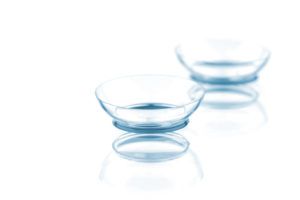
Sports Vision
Playing sports with distorted vision can significantly impact your performance. Everyone – from children to adults – should see an optometrist or eye doctor for a comprehensive sports vision exam each season. Visual acuity is as important to sports as training is. Without optimal vision, your ability to return your partner’s ball, hit a homerun, […]
Continue Reading...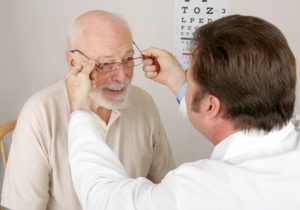
Senior Vision
It’s no secret that vision changes as people age. Seniors need to take extra special care of their vision, as there is a host of age-related vision problems and diseases that they are at risk for. As vision patients reach age 60 and beyond, they become at greater risk for developing conditions like macular degeneration, […]
Continue Reading...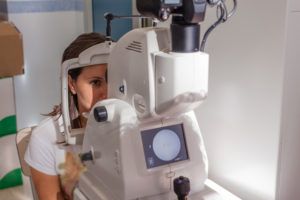
Retina Exam
A retinal exam – also referred to as an ophthalmoscopy – is an in-office screening used to examine the back of your eye. Checking the retina is important because a simple examination can reveal the presence of a number of underlying conditions, including diabetes, retinal detachment, glaucoma, macular degeneration, and cancer. Early diagnosis of these […]
Continue Reading...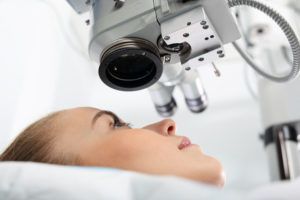
LASIK
LASIK is a laser eye surgery used to correct refractive errors of the eye. Patients usually opt for LASIK when they tire of wearing corrective lenses, such as contacts or glasses. Although there are no guarantees for treatment, the vast majority of LASIK patients report monumental improvements in their vision – many with 20/20. LASIK […]
Continue Reading...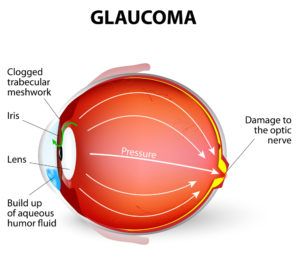
Glaucoma
Glaucoma is a term used to refer to a group of eye diseases that ultimately cause damage to the optic nerve. Unfortunately, there is no cure for glaucoma; but there are treatments available to help manage the condition and prevent vision loss. People with glaucoma often experience slow and gradual vision loss that is so […]
Continue Reading...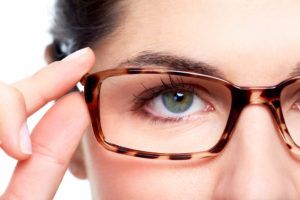
Eyeglasses
Eyeglasses are removable lenses used to correct vision impairments. Some, such as reading glasses, can be purchased over the counter at local drug stores. Others, such as those used to treat refractive errors like myopia and hyperopia, are available only by prescription from an optometrist or ophthalmologist. In cities around the world, including, eyeglasses are […]
Continue Reading...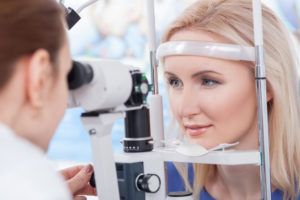
Eye Exam
Eye exams are professional screenings used to evaluate the health of the eye and diagnose vision impairments and disease. Each is comprised of a series of several tests that analyze various functions of the eye, such as color differentiation, distance vision, and peripheral awareness. A comprehensive eye exam can identify vision complications during their earliest […]
Continue Reading...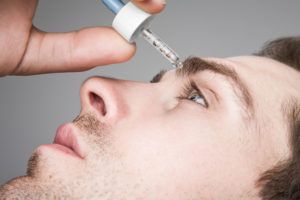
Dry Eye
Dry eye is a chronic condition in which the body does not produce enough quality tears to sufficiently lubricate the eye. Without tear lubrication, the eyes may become irritated, causing burning, itchiness and excessive watering. Patients with severe cases of dry eyes may actually experience vision impairments caused by damage to the surface of the […]
Continue Reading...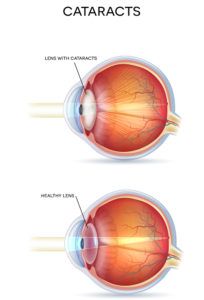
Cataracts
Cataracts are common, age-related clouding of the clear lens that covers the eye. Though they are not dangerous or threatening to the health of the eye, cataracts can be an inconvenience when performing seemingly routine tasks, such as reading, driving, cooking, or watching TV. Cataracts often start small and evolve into larger vision obstructions. Some […]
Continue Reading...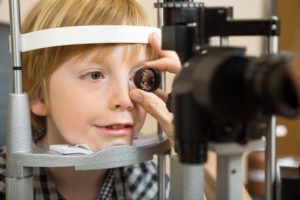
Children’s Vision
Children’s vision care should begin at birth and continue throughout childhood and adolescence. Without professional vision screenings, children can grow up with a distorted vision that eventually causes complications during the school years. According to the American Optometric Association, undiagnosed and untreated vision problems can worsen in children because the brain learns to accommodate the […]
Continue Reading...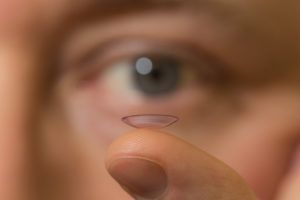
CRT (Corneal Refractive Therapy)
Corneal refractive therapy (CRT) is a non-surgical means of minimizing nearsightedness in vision patients. Also known as orthokeratology, CRT uses gas-permeable lenses similar to traditional contact lenses to reshape the cornea at during sleep. During the day, patients can experience a better natural vision without the aid of corrective lenses. The unique design of CRT […]
Continue Reading...
Eye Allergies
Allergies are an annoying part of life for more than 50 million Americans – many of whom live right here in our neighborhood. Though allergens can trigger symptoms in many different areas of the body, the sensitive membranes of the eyes are especially vulnerable to irritation. Though the allergens themselves are harmless, the body’s immune […]
Continue Reading...
Keratoconus
Keratoconus is a condition of the eye in which the cornea becomes thin and misshapen. Whereas a normal cornea is round, a cornea affected by keratoconus will begin to bulge and take on a cone-like shape. Keratoconus is believed to be linked to a congenital problem. Though it may take many years before the condition starts […]
Continue Reading...
Macular Degeneration
Macular degeneration is a disease in which the macula weakens, resulting in a loss of central vision. The condition, also known as age-related macular degeneration (AMD), can cause blurring and even partial vision loss. There are two types of macular degeneration – wet and dry. Most people with the disease have the latter version, which […]
Continue Reading...
Vision Conditions
Myopia Myopia is a refractive error that causes nearsightedness and blurred vision when looking at a distance. The condition is very common, affecting approximately 30 percent of the total U.S. population. The condition usually develops in childhood and gradually worsens throughout adolescence. In some cases, people develop myopia after Myopia is easily diagnosed with a […]
Continue Reading...
